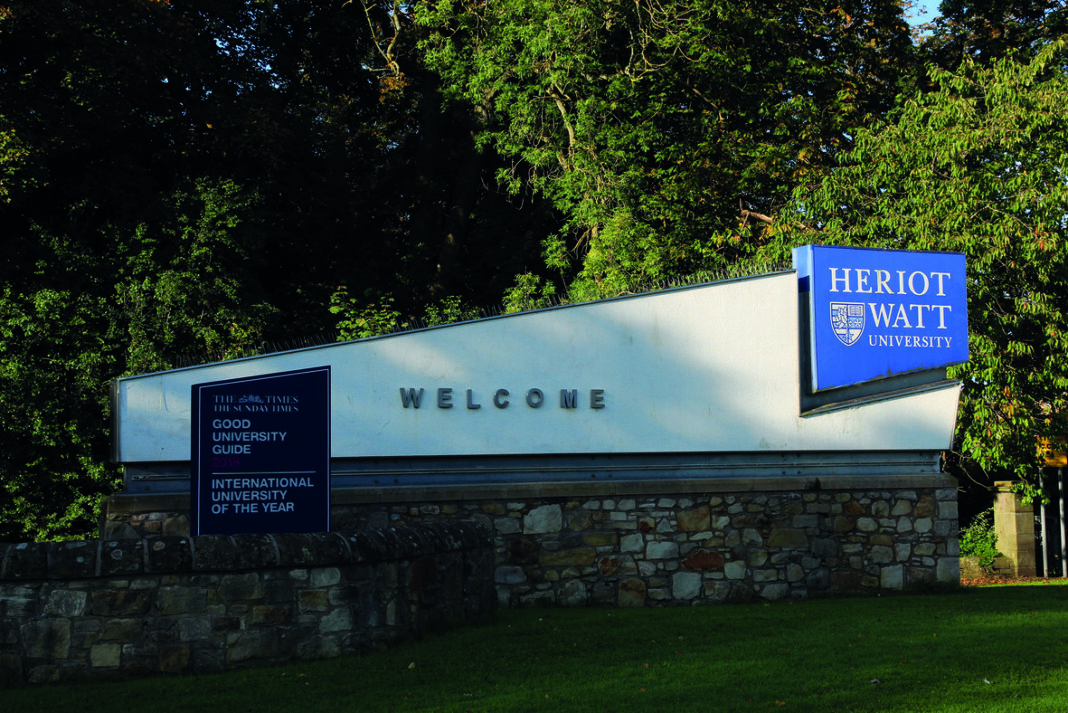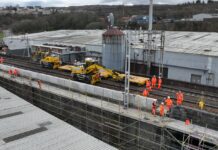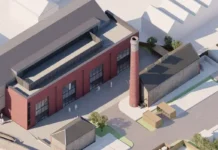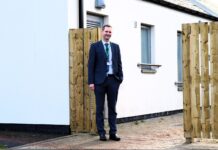
A new research project by Heriot-Watt University will explore how lessons can be learnt from past energy transitions to ensure that offshore renewable energy develops in a way that helps coastal communities.
The research is one of four projects to share £14.8 million in funding through the resilient coastal communities and seas programme, which is funded by UK Research and Innovation and the UK Government’s Defra.
Heriot-Watt’s project is called TRANSitions in Energy for Coastal communities over Time and Space (TRANSECTS) and aims to take lessons from the past to help renewable energy – such as wind and tidal energy – develops in a way that aids rather than harms coastal communities.
Led by the marine social scientist, Dr Karen Alexander, the research will involve collaborating with scientists across different disciplines, as well as artists, archaeologists, cultural organisations, and the coastal areas of Humber, in England, the Orkney Islands, and the east coast of Scotland between Edinburgh and Aberdeen.
Human narratives sourced from archives will be combined with scientific data to explore areas including the impacts of past energy transitions on migration, employment, and mental and physical health – as well as the fairness and balance of investment decisions.
Dr Karen Alexander explained, “The aim is to inform approaches to the current energy transition that protect the wellbeing of coastal communities – and also underpin the success of important blue economy industries like offshore renewables.
“Past transitions have often had a negative effect on coastal communities. For example, the growing use of whale oil in lamps in the 19th century and the transition to offshore oil and gas in the 1970s both brought boom and bust cycles, with highs and lows in jobs and investment. There were also big impacts on the environment that affected both people and nature.
“Through this project, we’re going back in time to research how people in coastal communities experienced these changes. The aim is to inform approaches to the current energy transition that protect the wellbeing of coastal communities – and also underpin the success of important blue economy industries like offshore renewables.
“This project will very much be public-facing, with lots of opportunities for communities to get involved and help with our research. We tend to think about renewable energy industries in terms of jobs, money and natural resources. But our project aims to bring people and their relationships, experiences and identities back into the stories about these communities and industries.”







